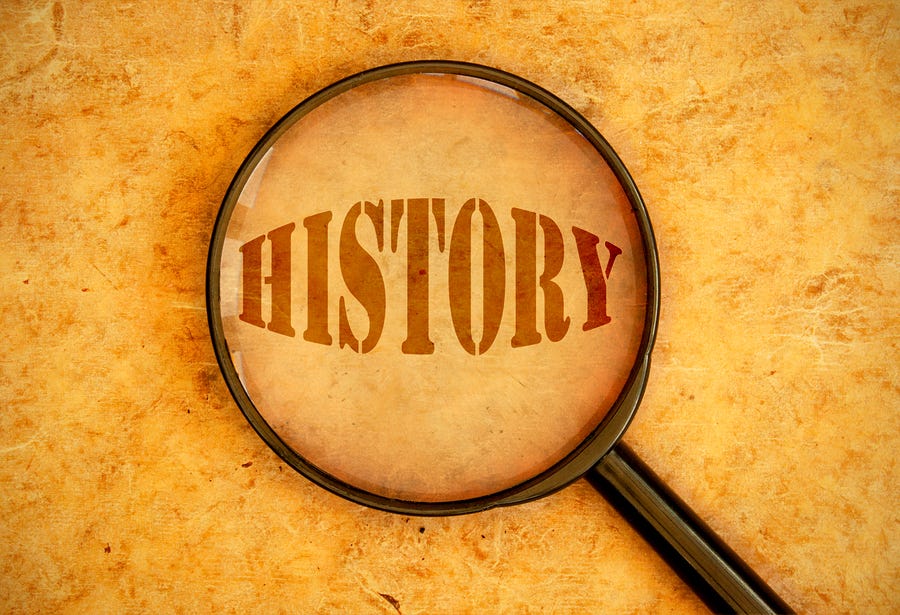Let’s make some general observations about the twelve articles you’ve just read.
In this section you received a high-level overview of 2,500 years and we dove into specifics that affect current events. We started with olden times when writing was first invented. Antiquity is the period from around 500 BC to 500 AD. For our discussion, it primarily involved the Greeks and the Romans. This time was followed by the Middle Ages (500-1500), of which the first 500 are considered dark. After the Middle Ages, the West transitioned to things more familiar.
Before summarizing, remember history is written by the victors and is always open to interpretation. Two people can read the same book and walk away with different impressions. Nonetheless, it’s always good to hold a general idea of what’s happened.
Here are general observations from the history you’ve just read.
The term western civilization comes from the old Western Roman Empire. Since settlers to Canada came mostly from Europe, we call ourselves part of Western Civilization.
The Romans spoke Latin, which is why you still hear of it today.
Rome conquered Greece in 146 BC and adopted much of its culture. That’s why you still hear about the Greeks.
Christianity was put together by the Romans and the empire converted. Western culture initially comes from the merger of the Greco-Roman world and Judeo-Christianity.
Democracy and capitalism were later added to form the initial tenants of Western Civilization.
The Dark Ages (Europe after the fall of Western Rome) was heavily influenced by the Catholic Church. It basically kept the place together.
In the high Middle Ages (post 1000 AD, after the Dark Ages), Britain developed the feudal system along with early forms of democracy.
The 13-1600s, known as The Renaissance, is when the Reformation happened.
The 16-1700s, known as The Enlightenment, is when democracy and capitalism got going.
Imperialism is the term used to describe the action of one country taking over another. Common throughout history, this practice hypothetically ended after WWII, via the United Nations.
After WWII, the world decided on nation states and drew borders in places where they’d never been. Large parts of the world were still tribal and even today, many identify with tribes more than nations.
Each country has its own story. America’s is interesting and differs from that of Canada.
Ireland struggled to obtain independence. An example that still applies to many parts of the world.
Russia is unique since it experienced communism. They are now moving forward with democracy, capitalism, and have re-introduced the Church.
China has also experienced strict communism. Today, they continue to use one-party rule but have implemented a unique form of capitalism. Religion within the country is evolving, though definitely not part of underlying culture.
Israel is in conflict with Palestine over its right to exist. As of 2019, Israel had peace agreements with Jordan and Egypt.
Like Michael Collins in Ireland, president Anwar Sadat lost his life upon signing for Egypt. Prior peace agreements between Israel and Palestine have failed upon implementation. Perhaps, former Palestinian leaders were not willing to face their country’s hardliners.
2020 added four more agreements. The strategy may be to pressure Palestine into accepting “right to exist” so negotiations can turn to land and money.
The rest of the Middle East, namely Iraq and Syria, each have their own stories.

